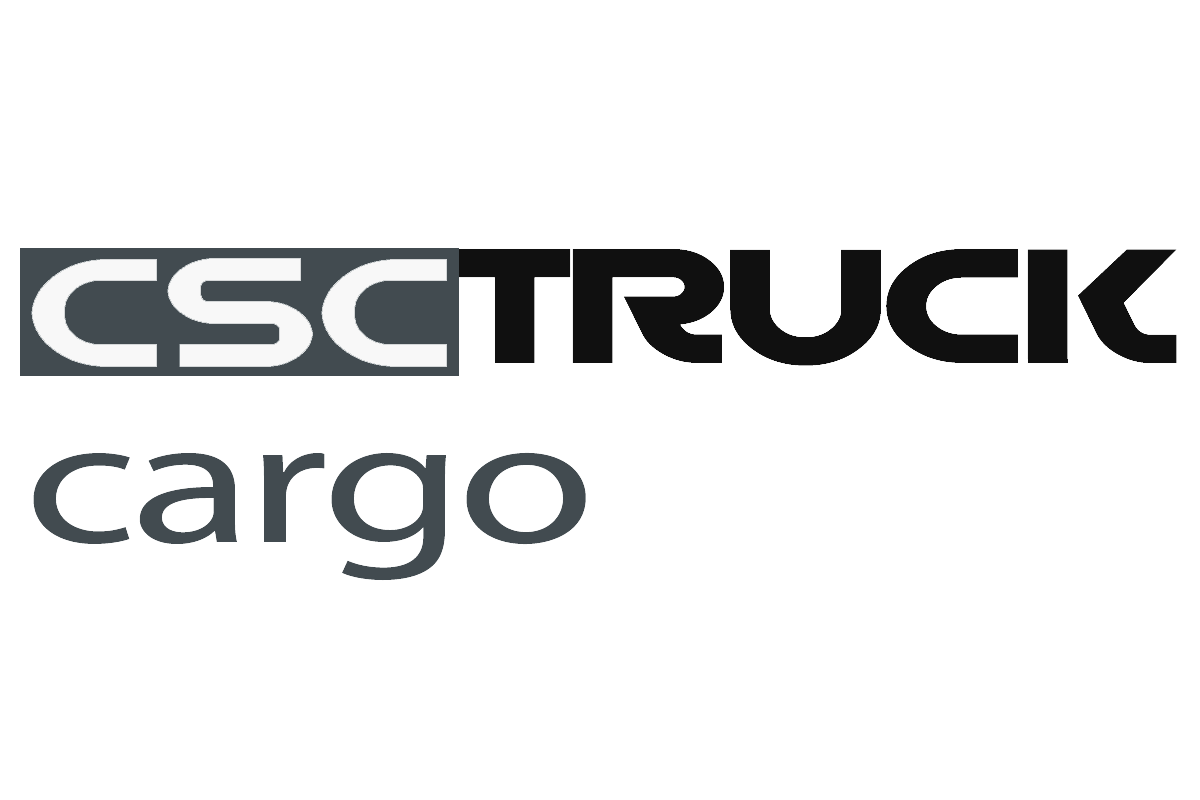In an era where downtime can cost businesses thousands per hour, mobile workshop trucks are emerging as indispensable assets across industries. These rolling repair hubs combine the versatility of a service center with the mobility of a heavy-duty vehicle, enabling mechanics, technicians, and engineers to perform complex repairs at remote sites—from wind farms to construction zones. Unlike traditional service vans, these advanced mobile workshops are engineered as complete ecosystems, integrating tools, parts storage, and diagnostic systems into a single optimized platform. This article explores the design principles, technological integrations, and industry-specific adaptations that make these vehicles transformative solutions for field service operations.
1. Essential Design Features of High-Performance Mobile Workshops
Designing an effective mobile workshop truck requires balancing rugged durability with ergonomic efficiency. Every element must withstand harsh field conditions while keeping tools accessible and workspaces functional.
Structural Integrity and Space Optimization
The foundation lies in a reinforced chassis capable of carrying heavy tool cabinets, hydraulic lifts, and spare parts without compromising maneuverability. Many designs use ISUZU or Hino commercial truck bases, modified with:
- Double-walled aluminum bodies for lightweight corrosion resistance
- Retractable side and rear compartments that expand workspace by 40% when stationary
- Vibration-dampened shelving to protect precision instruments during transit
Onboard Power and Climate Control
Self-sufficiency is critical. Modern units integrate:
- Dual power systems: Diesel generators paired with lithium batteries for silent overnight operation
- HVAC systems maintaining 68-72°F in both workshop and electronics bays
- Compressed air lines plumbed throughout for pneumatic tool access
Ergonomic Workflow Design
The most successful layouts follow “zone-based” principles:
- Hot Zone: Immediate access to 80% most-used tools within arm’s reach of the main workbench
- Cold Zone: Secure storage for bulk items and hazardous materials
- Digital Hub: Mounted tablets linked to inventory management and diagnostic software
2. Customizing Mobile Workshops for Industry-Specific Needs
While the core structure remains consistent, versatile mobile workshop designs adapt to sector-specific requirements through modular configurations.
Heavy Equipment and Mining Repairs
For mining operations, trucks feature:
- Overhead crane systems handling components up to 5 tons
- Sandblast and welding stations with explosion-proof ventilation
- Drone docking ports for aerial inspections of inaccessible machinery
Renewable Energy Field Service
Wind turbine maintenance units include:
- 200-foot hydraulic lift platforms
- Dielectric tool sets for high-voltage repairs
- Weather monitoring stations to pause operations during lightning risks
Urban Infrastructure Support
City fleet maintenance trucks prioritize:
- EV charging diagnostic suites with battery swap capabilities
- 3D printers for rapid prototyping of replacement parts
- Compact wastewater recovery systems for eco-friendly fluid changes
3. Integrating Smart Technologies into Mobile Repair Ecosystems
The latest mobile workshop trucks are evolving into AI-assisted repair hubs through cutting-edge tech integrations.
IoT-Enabled Predictive Maintenance
- Vibration sensors on stored tools auto-reorder consumables like drill bits
- Machine vision cameras compare worn parts against CAD models to suggest replacements
- Augmented reality (AR) headsets overlay repair manuals onto technicians’ field of view
Remote Expert Collaboration Systems
When onsite crews encounter unfamiliar issues:
- 5G-connected microstudios allow real-time video consults with factory engineers
- Laser projectors cast diagnostic diagrams directly onto equipment
- Smart gloves capture torque data shared via cloud platforms
Cybersecurity in the Field
As workshops become data hubs, designs now incorporate:
- Biometric tool lockers requiring fingerprint access
- Faraday cage compartments for secure electronics diagnostics
- Blockchain-led maintenance records to prevent tampering
4. The Future of Mobile Workshops: Beyond Traditional Repairs
Emerging trends suggest these vehicles will soon serve as multifunctional hubs at the edge of operations.
Additive Manufacturing On Wheels
Next-gen trucks are testing:
- Metal laser sintering printers to fabricate steel components onsite
- Mobile material labs analyzing field samples to adjust printing alloys
- AI-driven “parts recipes” optimizing designs for local stress factors
Sustainable Service Innovations
Eco-focused redesigns include:
- Solar-paneled roofs powering entire operations
- Closed-loop fluid systems recycling 95% of oils and coolants
- Hydrogen fuel cells replacing diesel generators
Cross-Industry Synergies
The same design principles powering mobile workshop trucks are inspiring:
- LED trucks with deployable screens for onsite training and safety briefings
- Mobile stage truck hybrids that convert from concert platforms to disaster relief workshops
As industries embrace decentralized operations, these mobile units will redefine not just where repairs happen, but how quickly challenges become opportunities. From wind-swept plains to urban canyons, the future of field service rolls on wheels—equipped, connected, and ready to innovate.

